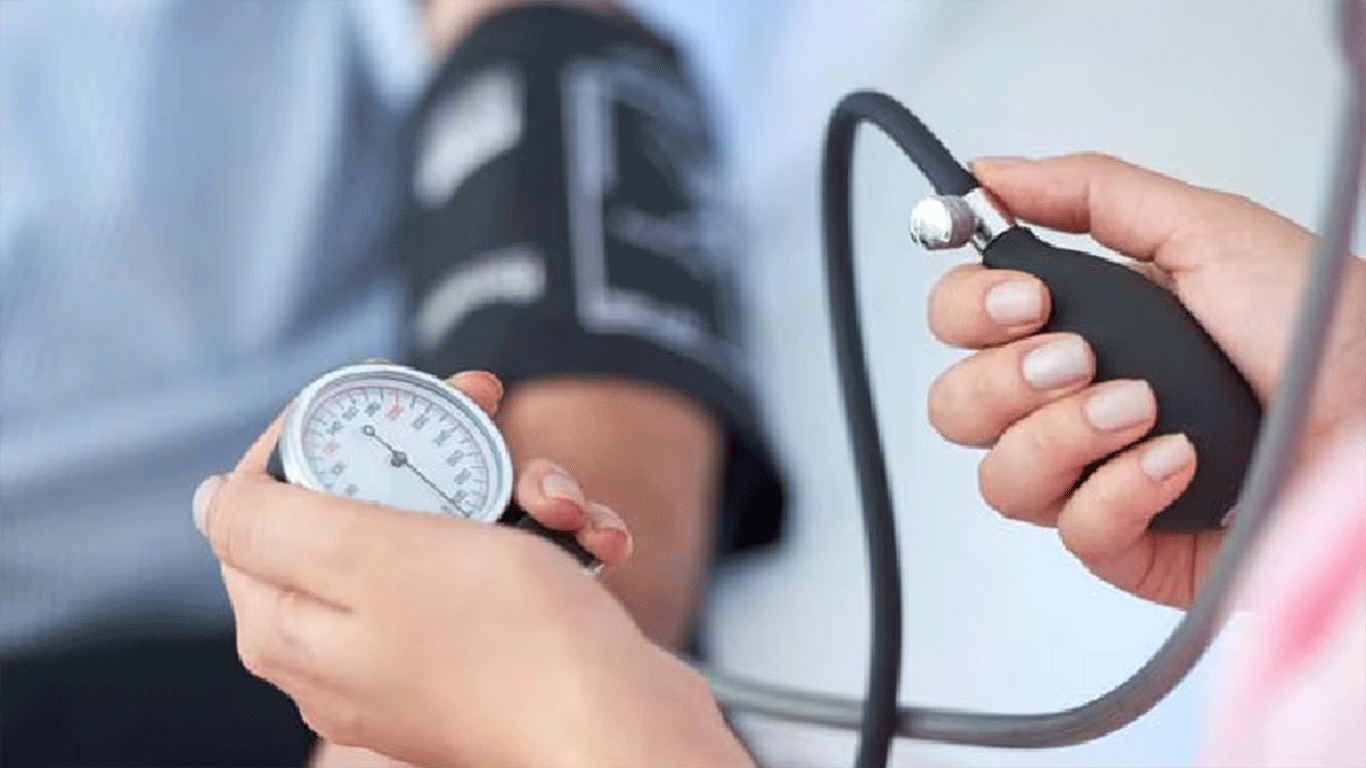Progress in hypertension control encouraging but insufficient: Experts
Daily Sun Report, Dhaka
Published: 27 Oct 2025

Photo: Collected
Bangladesh has made significant progress in controlling hypertension, but experts warn that ongoing initiatives remain insufficient to address the country’s growing burden of the disease.
They emphasised ensuring uninterrupted supply of anti-hypertensive medicines at community clinics and upazila health complexes to sustain progress, according to a press release.
The observations came at a journalists’ workshop titled “Hypertension Control in Bangladesh: Progress, Challenges and Way Forward,” held on Monday at the capital’s BMA Bhaban.
The event was organised by PROGGA (Knowledge for Progress) with support from the Global Health Advocacy Incubator (GHAI), where 23 journalists from print, television, and online media took part.
Speakers noted that the World Health Organization’s (WHO) second Global Report on Hypertension recently recognised Bangladesh as a success story in hypertension control.
Between 2019 and 2025, hypertension control rates in some regions of the country rose from 15% to 56% — a notable improvement.
However, one-fourth of Bangladesh’s adult population still suffers from hypertension, they said.
Dr Muhammad Habibur Rahman, deputy director at the Directorate General of Health Services (DGHS), said, “We are experiencing certain budgetary and management constraints in providing medicines for hypertension and other non-communicable diseases (NCDs). However, we are hopeful these issues will be resolved soon.”
Md Riad Arafin, deputy general manager (Sales & Marketing) at Essential Drugs Company Limited (EDCL), said the company strives to ensure timely supply of anti-hypertensive medicines to NCD corners and community clinics, reaffirming its commitment to reaching grassroots populations.
The WHO report highlighted the availability of free anti-hypertensive medicines at the primary healthcare level as a key factor in improving hypertension control and called for continued investment in this area for long-term sustainability.
Reaz Ahmad, editor of Dhaka Tribune; Muhammad Ruhul Quddus, Bangladesh country lead of GHAI; and ABM Zubair, executive director of PROGGA, spoke at the event as discussants.
A presentation on hypertension control progress was delivered by Sadia Galiba Prova, coordinator at PROGGA.

